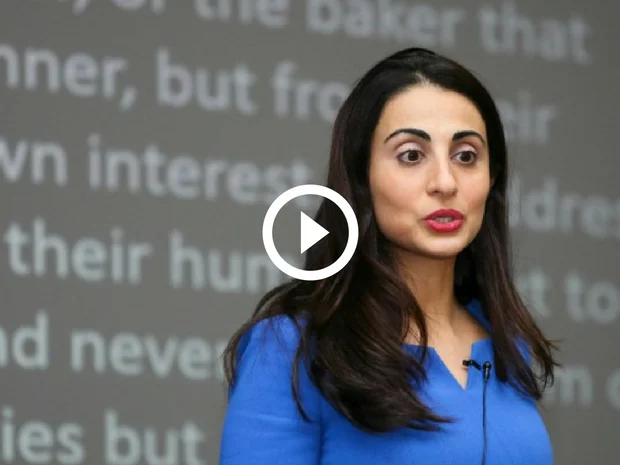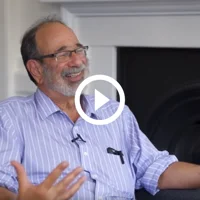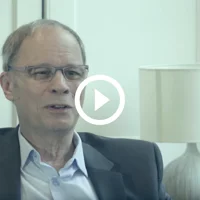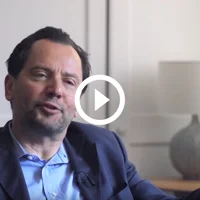Altruistic Capital
Professor Nava Ashraf explores Altruistic capital.
Author Professor Nava Ashraf Department of Economics
Professor Nava Ashraf’s research on Altruistic capital (in collaboration with Professor Oriana Bandiera) aims to incorporate, within economics and in the broader societal discourse, an understanding of how pro-social behaviour (and selfishness) can evolve within individuals from their social context. Through large-scale field experiments with organisations, the research will provide the first pieces of rigorous, field-based evidence on the role of organisational design in developing and sustaining pro-sociality, fundamentally shifting how economists think about human behaviour.

Standard economics generally assumes self-interest to be the main motivator of economic activity. However, a growing body of economic literature has begun to enrich the standard model of private utility maximization with preferences such as altruism, pro-sociality and fairness. This work has generally modelled such preferences as exogenous and static, foreclosing exploration of how social context, including organisational incentives and institutions, shape behaviour over time. Economics’ approach contrasts sharply with a long tradition in moral philosophy and virtue ethics that considers the development of character over time through repeated acts. The theory the researchers propose to test, thinks of altruism as an asset—altruistic capital—that evolves within individuals from their social context. When assuming static types, the only way to change the nature of an industry is to recruit less selfish people. The theory of altruistic capital, in contrast, suggests a path to impacting the culture and norms of organisations and institutions from within.
Professors Ashraf and Bandiera presented an initial formalization of altruistic capital in a recently published paper.[1]They now aim to build its theoretical structure, and test it using novel methods for this context. Most empirical research on pro-social preferences has been conducted through lab experiments, which prevent the study of how norms or behaviour change. Ashraf and Bandiera will instead use field experiments, which allow them to track individuals with organic investments in each other over long intervals
Conversations with leading researchers in the field of private action for public benefit

Al Roth on how markets can be used to benefit societyUsing the example of kidney exchange, Professor Roth explains how he and his colleagues redesigned the market for kidney transplants to ensure that more people would benefit from a transplant.

Jean Tirole on what drives people to engage in altruistic behaviour
Professor Tirole explains the three drivers of altruism and what role image concerns and gender play in our drive to do good.

Luigi Zingales on the role of capitalism in private action for public benefit
Professor Zingales discusses how to create efficient ways to allocate buying power to the final user or beneficiary to bring in the element of competition in the third sector
[1] Ashraf, Nava, and Oriana Bandiera. 2017. "Altruistic Capital." American Economic Review: Papers and Proceedings 107(5)